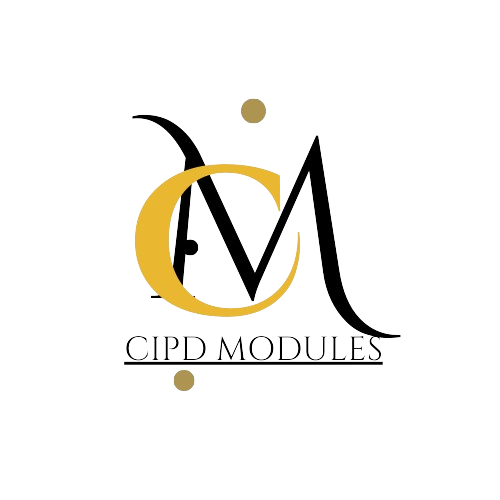Effective Recruitment Strategies
So, you need to fill open positions at your company. Great. But how do you go about doing that? There are several effective recruitment strategies that you can implement to make sure you’re bringing on the best candidates. Let’s dive into some of them now. Firstly, developing an employee referral program is one way to get the word out about your vacancy. After all, who better to suggest ideal candidates than those who already work at your company? Plus, this strategy has the added benefit of incentivizing your employees to become ambassadors for the brand. In today’s digital age, utilizing social media platforms is another option that should be pursued. Candidates are likely to interact with your company across multiple channels online, so having a unified and active social media presence can effectively boost your employer brand and make you more visible to potential applicants. Conducting phone and video interviews is another strategy that is becoming increasingly popular. Not only do they save time and resources, but they also allow you to connect with candidates from anywhere in the world. Something to keep in mind is to ensure that the quality of these interactions is on par with in-person interviews. Lastly, promoting workplace diversity is a key element that should be incorporated into your recruitment strategy. Hiring a diverse group of applicants can lead to a more versatile workforce, boosting creativity and innovation. Plus, it’s the right thing to do. Overall, it’s important to take the time to identify which strategy fits your company’s culture and needs best, rather than simply sticking to the same recruitment methods that have always been used.
Implementing Your Recruitment Plan
When it comes to implementing your recruitment plan, there are a few key points to keep in mind. Developing a timeline is crucial to ensure that everything is executed promptly. Finalizing your budget is also important to ensure that you don’t overspend. And finally, launching your campaign is where all your efforts come to fruition. By putting all of these pieces together, you’ll be well on your way to a successful recruitment campaign. But remember, it’s not just about executing the plan – it’s about doing it well.
Measuring the Success of Your Recruitment Strategies
When it comes to measuring the success of your recruitment strategies, tracking applicant sources, assessing candidate fit, and gauging hiring manager satisfaction are crucial. By monitoring where your applicants come from, you can make informed decisions about where to focus your efforts. Assessing candidate fit can help you see if your new hires align with your company culture. Gauging hiring manager satisfaction can pinpoint areas that you can improve on for future recruitment efforts. Remember, a successful recruitment strategy is an ongoing process of improvement.
Recruitment success involves defining hiring goals, creating job descriptions, using employee referrals, social media and diverse interview methods. Determine a budget and timeline, launch the campaign and track applicant sources, candidate fit,

